Xiangjiang River views Changsha's luxuriant Orange Island

When you come to Changsha, you can't help but think of Mao Zedong's famous song "Qinyuanchun·Changsha", and you can't help but recite it silently in your heart:
In the cold autumn of independence, the Xiangjiang River heads north, at the head of Juzizhou. Look at the mountains all red and the forests all dyed; the rivers are clear and green, and hundreds of boats compete for the current. Eagles strike the sky, fish fly to the shallow bottom, and all kinds of frost compete for freedom. Looking down on the vast expanse, I ask who controls the ups and downs on the vast earth? Bring hundreds of couples to travel and remember the extraordinary years of the past. My classmates are young and in their prime; they are scholarly and arrogant. Pointing out the country, inspiring the words, and smearing the land of the Marquis of Ten Thousand Families. Do you ever remember that when you hit the water in the middle of the river, the waves stopped the flying boat?
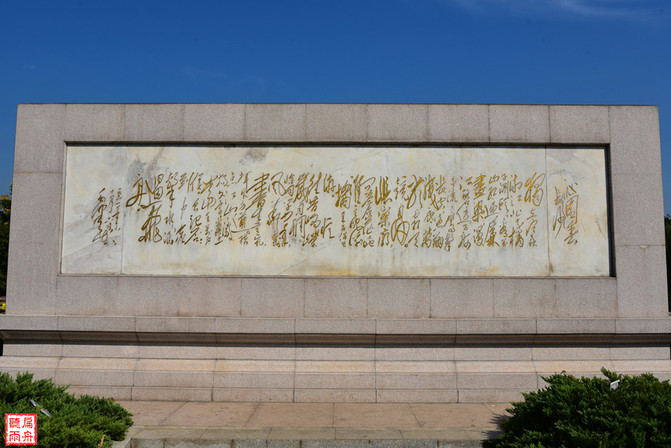
Young Mao Zedong took the world as his own responsibility, despised the old society, and transformed old China, and was so heroic and firm! In the late autumn of 1925, Mao Zedong, who was thirty years old, accepted instructions from the Central Committee and left his hometown of Shaoshan to Guangzhou to preside over the work of the Peasant Movement Training Institute. He passed through Changsha and visited the banks of the Xiangjiang River again. He stood at the head of Juzizhou and wrote this famous poem. The people of Changsha engraved this poem "Qinyuanchun·Changsha" on a huge white marble stone tablet. Together with the even larger artistic sculpture of Mao Zedong's youth, it stands at the head of Juzi Island, the birthplace of this poem.
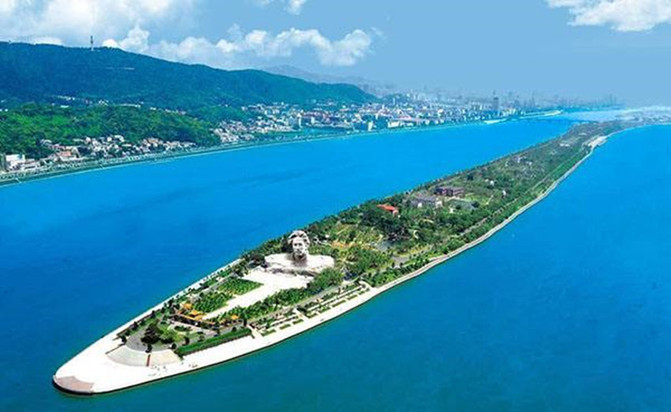
Viewed from the sky, Juzizhou, formed by alluvial sand, is like a giant ship sailing indomitably on the water of the Xiangjiang River. Mao Zedong's youth art sculptures are like the captain of this giant ship, always leading the ship on the right path.
As early as April 1918, young people such as Mao Zedong, Cai Hesen, Xiao Zisheng, He Shuheng, Xiang Jingyu, who had not yet become Communists, established the New People Society on the bank of the Xiangjiang River, uniting nearly a hundred progressive young people and loudly shouting out the purpose of "transforming China and the world" and studying and discussing ways and methods to save the country and the people.
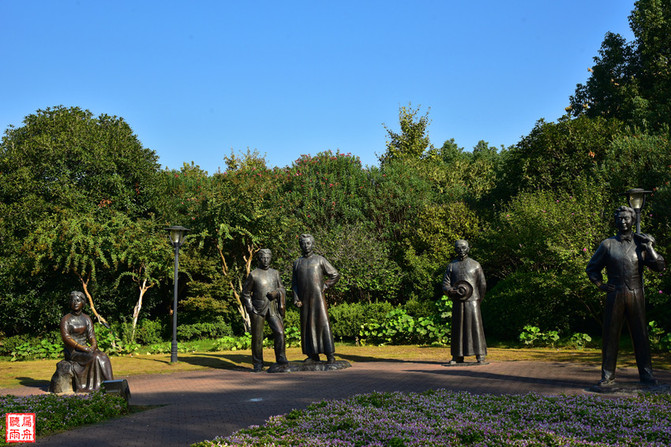
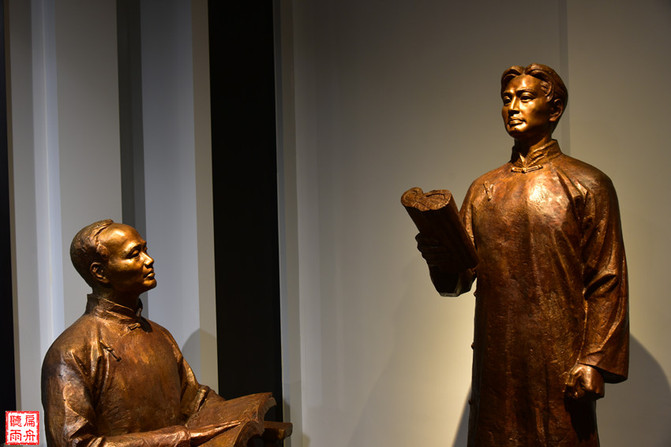
The young generation in their prime lives here learns new ideas and enriches new theories. They work together to think hard, debate fiercely, inspire words, point out the country and the country, collide with the old order, and in the tide of revolution, the middle stream hits the water, the waves stifle the flying boat, and finally opens up a new path and creates a bright future.
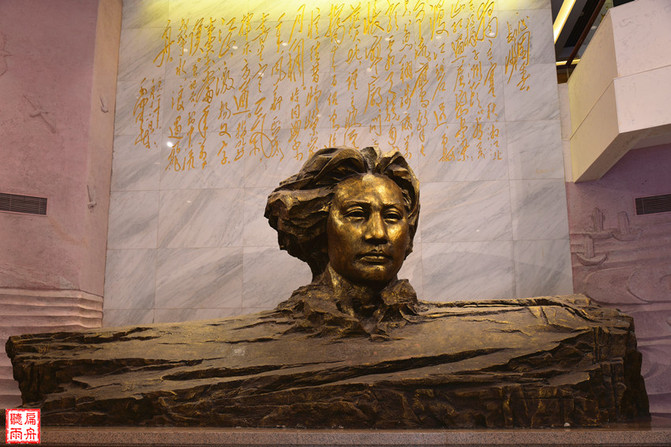
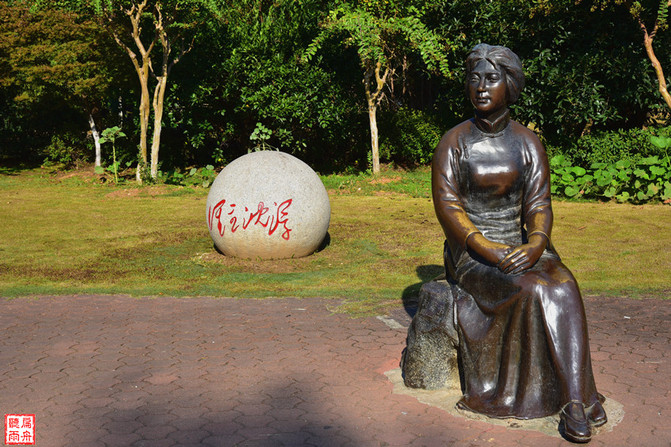
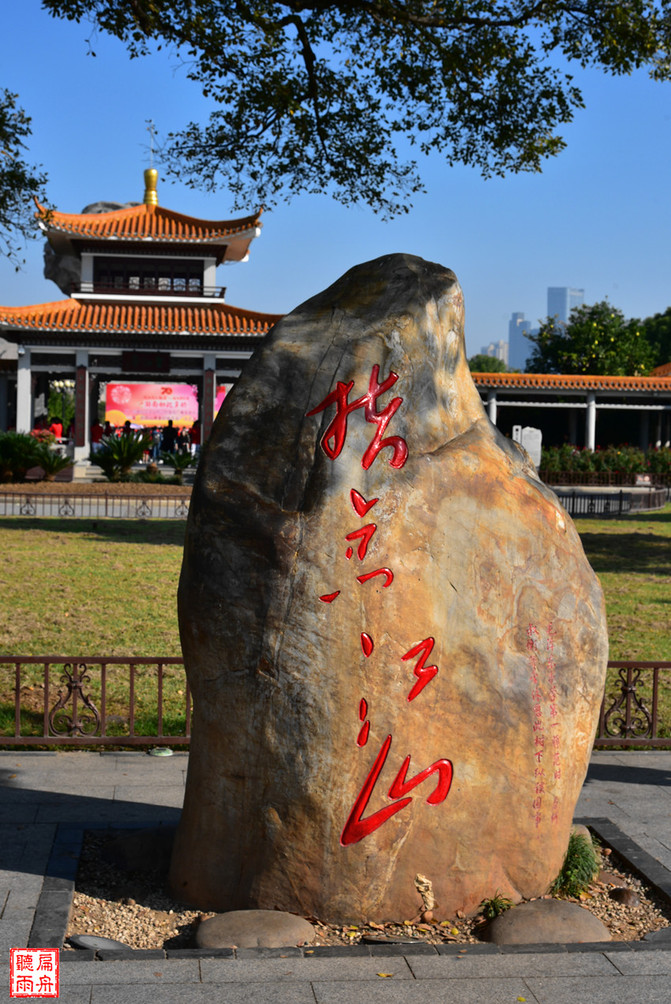
The earliest written records show that Juzizhou was formed in the second year of Yongxing of Emperor Hui of the Jin Dynasty (305 AD). The Xiangjiang River flows through Changsha. The river surface is wide and the flow rate slows down. The sediment in the center of the river has been silted for many years. Several unrelated sandbank islands are gradually connected together, forming a long sandbank island that stretches for more than ten miles. The fertile soil on the island is particularly suitable for the growth of citrus fruits. Every autumn, the island is yellow and orange, and the fragrance is fragrant for ten miles. The reputation of Orange Island spreads like wildfire.
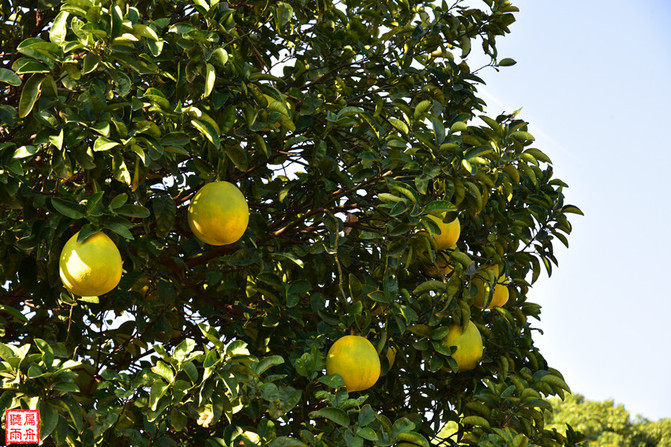
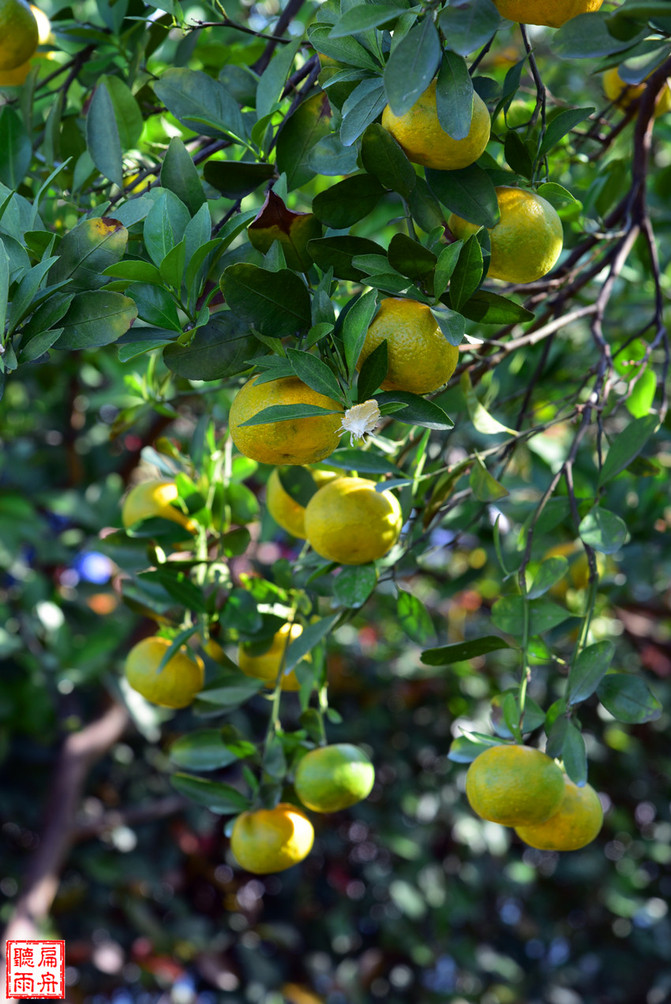
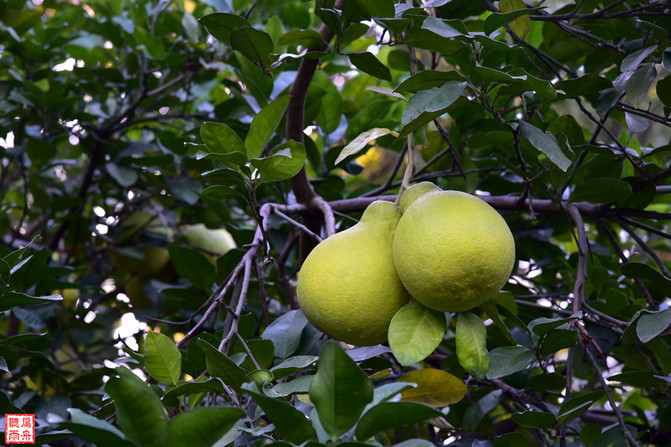
Historically, Juzizhou was also an important military fortress and commercial market in Changsha. In the 30th year of Guangxu of the Qing Dynasty, Changsha was forced to be turned into a commercial port open to the outside world. A British consulate and Changsha Customs were built on Juzizhou.
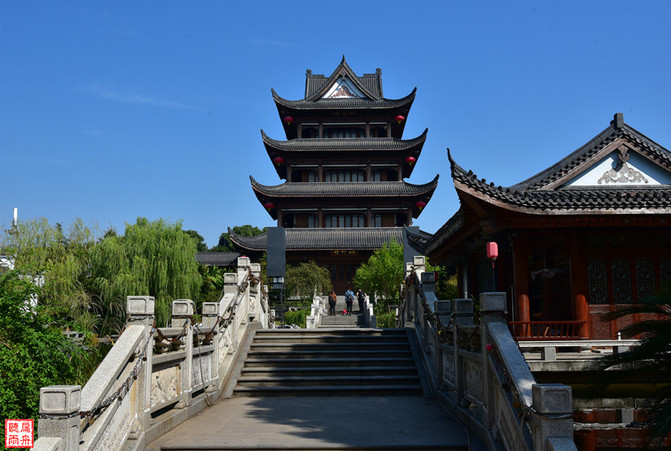
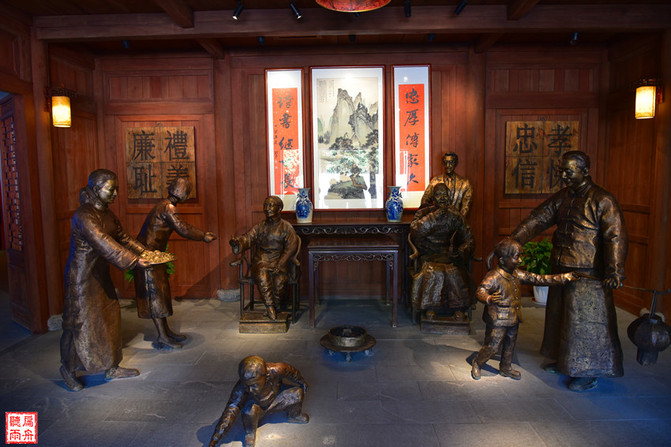
But after modern times, China, which was poor and weak, did not bring more glory to Juzizhou. The success of the modern Chinese revolution has brought long-term peace and tranquility to Juzizhou. Mao Zedong's "Qinyuanchun·Changsha" has brought endless charm and reputation to Juzizhou. Today's Orange Island is a 5A-level scenic spot with beautiful scenery, a resort for people to relax and vacation, and a holy place for people to worship heroes.

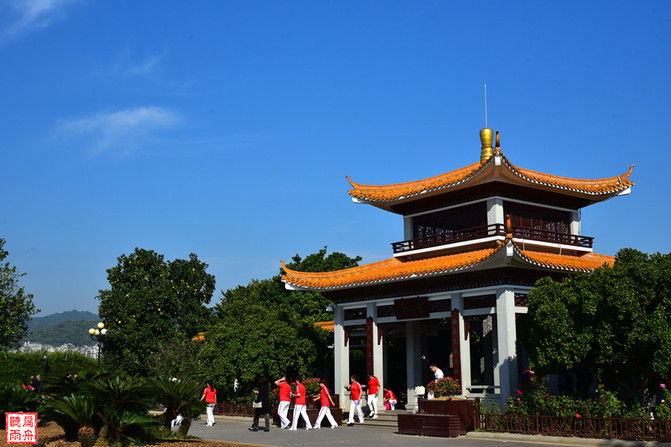

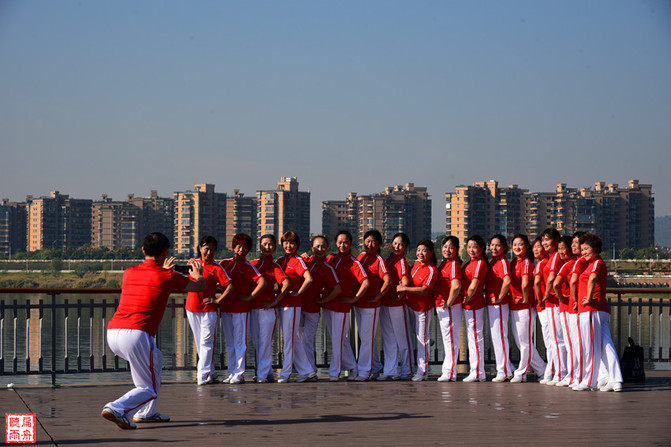
Previous Article:Changsha IFS "Fashion Shoe Factory" creates a top fashion shoe feast
Next Article:Changsha Leisure Tour--Xiao Jinguang's Former Residence
